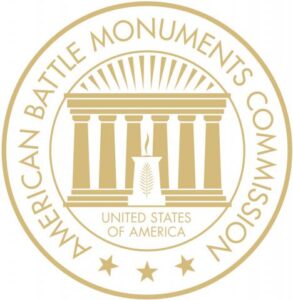In 1942 the Allies faced a difficult situation in Europe. Almost the entire continent remained Axis-controlled. The Western Allies – including the United States and the United Kingdom, among others – were under intense pressure from the Soviet Union to open a second front, which would force Germany to draw troops away from the east.
Understanding that a major amphibious assault was premature, the Western Allies nevertheless believed that the attack and temporary seizure of an Axis-held port would provide critical intelligence on the vulnerability of German coastal defenses, and lay the groundwork for a full-scale invasion.
Situated in northern France along the English Channel, Dieppe was trumpeted by the Nazis as impregnable. With high cliffs, hardened bunkers, coastal batteries, and rocky beaches, the Allies knew the raid would be extremely difficult.
The Allied assault on Dieppe on August 19, 1942 included more than 6,000 men on the ground, most of whom were Canadian. As they landed on the beach, the amphibious force encountered barbed-wire, mines, and machine-gun, mortar and artillery fire. Most of the tanks were unable to cross the beach, and those that did were stopped by obstacles and were forced to turn back, along with most of the infantry.
A small faction of 50 American Army Rangers also participated in the raid, including 2nd Lt. Edward V. Loustalot. As part of a unit tasked with scaling the cliffs overlooking the town and destroying a battery, Loustalot and his comrades fought across the beach amidst grenades and dynamite charges.
Along with some of his other men, Loustalot managed to scale the cliff. Upon reaching the top and charging a machine gun nest, he was cut down by machine gun fire, becoming one of the first American servicemen killed in France during World War II. Two other American Rangers lost their lives that day, Technician 4th Grade Howard M. Henry and 1st Lt. Joseph Randall. In total only 2,500 men of the more than 6,000 returned after the raid.
In the immediate aftermath of the disaster, the remains of the Rangers were not immediately recovered by American forces, and therefore considered missing in action. Years passed and the men officially remained in MIA status. In 1948, a high school friend of Loustalot was determined to find his friend’s burial location. After many letters to the War Department and visits to the American Graves Registration Service (AGRS) with facts and evidence, three remains were exhumed from the Canadian cemetery in Dieppe and sent to an identification lab at Ardennes American Cemetery in Belgium. The AGRS confirmed that the exhumations were the remains of Loustalot, Henry, and Randall.
More than seven years after their deaths, their families were given the option for permanent burial overseas or repatriation back to the United States. Loustalot is buried at Ardennes American Cemetery in Belgium. Henry rests at Normandy American Cemetery, and Randall was buried in Arlington National Cemetery.
 An official website of the United States government. Here's how you know.
An official website of the United States government. Here's how you know. 